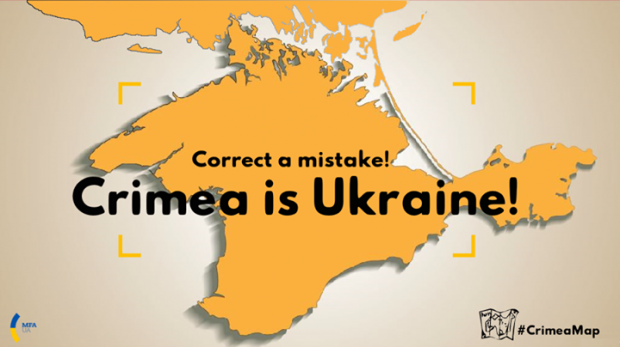
Prospects for Crimea return
As Ukraine marks the anniversary of the deportation of the Crimean Tatar people, the people should not only remember the tragic events of 1944 but also keep in mind the importance of a strategy to return the Russian-occupied Crimea in order to not let the ethnocide repeat today.
It seems the no one, except Russia, has any doubt that Crimea is an integral part of Ukraine. But these are just words. Unfortunately, the reality is different. More than two years ago, Russia occupied the Ukrainian peninsula on the Black Sea. And Crimea must definitely be returned. But the slogans like "Crimea is Ukraine” are not enough.
Ukraine’s senior officials from time to time offer different formats of negotiations on the return of the Crimea, but aren’t they just showing off? What way should we choose to de-occupy Crimea, and what will be the outcome for the peninsula? There are more questions than answers by far...
As the Ukrainian political arena witnesses daily internal battles and the public is engaged in lively discussion over the new composition of the Cabinet or the appointment of a new prosecutor general, it seems that the people in Crimea have been left out of the Ukrainian information field, alone with their problems. Despite the fact that almost every week, there is an increasing number of reports of searches, arrests, and even disappearances of people (for the most part, Crimean Tatars) in the annexed territory, it seems that amid today's problems in resolving the internal political crisis, the issue of de-occupation of the peninsula has gone way down in Ukraine’s political agenda.
However, this is not really the case. President of Ukraine Petro Poroshenko a few months ago announced the possibility of Geneva Plus, the new international format of negotiations, calling it an important and necessary step toward Crimea’s de-occupation. The resolution of the European Parliament on human rights violations on the peninsula also mentions the possibility of resuming talks on de-occupation of Crimea in this Geneva format, that is with the involvement of the U.S., EU and possibly the Budapest Memorandum signatory states.
Eternal talks: why is a separate format needed
The main purpose of this advanced format should be focusing exclusively on the Crimean issue and, what is extremely important, engaging Russia in these negotiations.
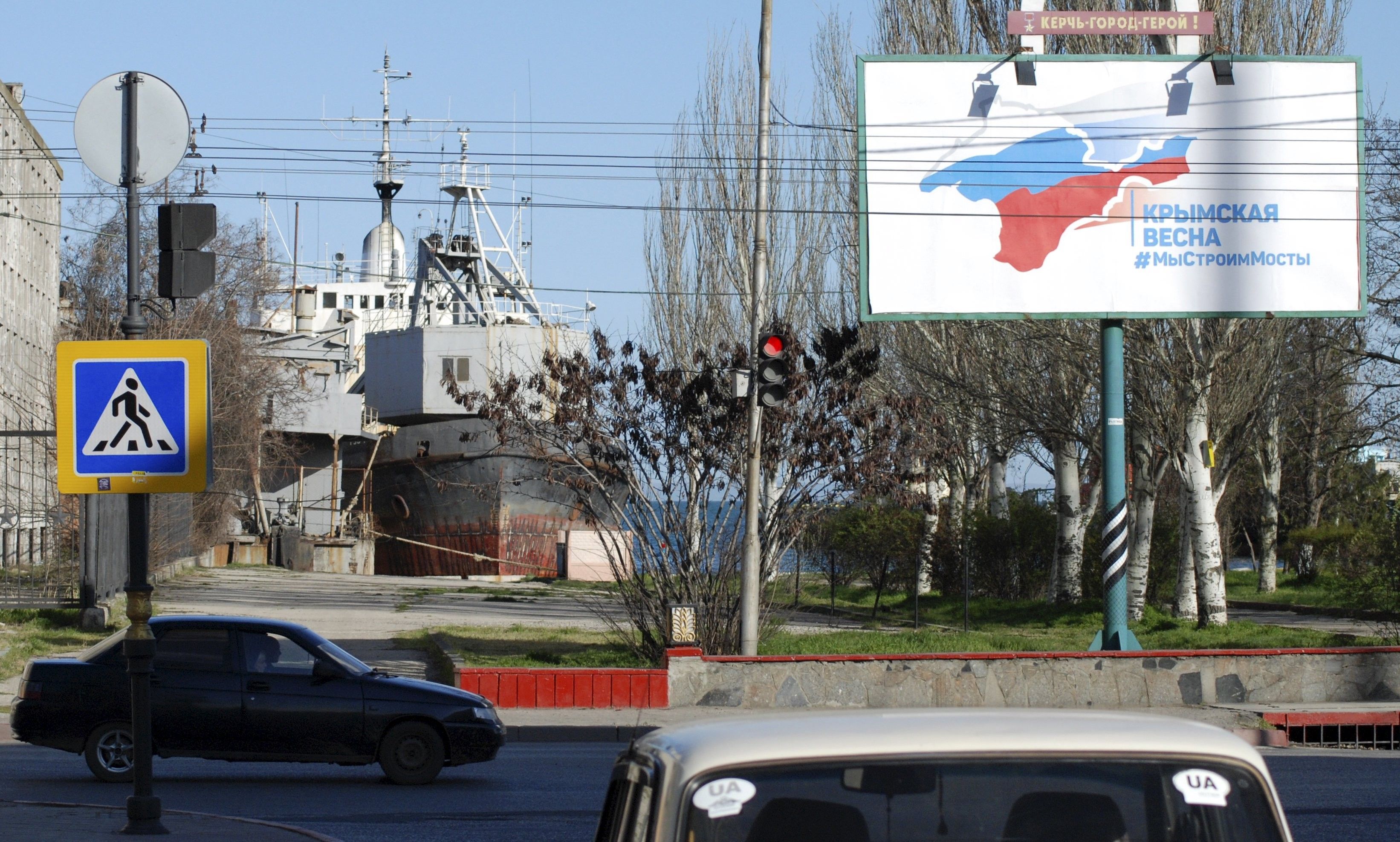
However, there are serious doubts that the Kremlin, which at the moment positions itself solely as a mediator in the talks, will agree to pose an aggressor state. And it is obvious that without Vladimir Putin, any negotiations in any shape will eventually come to naught, becoming just a bad copy of previous attempts to succeed on the issue.
Bohdan Yaremenko, who is a diplomat and head of the Maidan of Foreign Affairs foundation, shares this opinion: "Frankly, I don’t really believe in an individual negotiation format on the Crimean issue. The main problem for any format, created to discuss Crimea’s de-occupation will be attracting Russia. It [Russia] has no motivation to be attracted to these talks. And without Russia, such format will become a sort of a club, with little practical value."
The diplomat believes that the Crimean subject should be raised in the existing formats of negotiations with simultaneous attempts to modify these talks and adjust their agenda. "We should start from afar, emphasizing some smaller issues related to the occupation, such as human rights or even smaller components of this issue," said the expert.
Ihor Semyvolos, CEO of the Center for Middle East Studies, is also skeptical about Russia joining a separate format of talks on Crimea: “I think that Russia will do everything so that to Crimean issue is off the top agenda. Or at least they believe they will never join negotiations on the future of Crimea," he said.
However, the expert emphasizes that "any formula, in which Russia will have to talk about the future of Crimea, would be a success for Ukraine."
Legal nuances
In turn, Director of the Crimean Expert Center Oleksiy Starodubov believes that the Geneva Plus format can be one of the instruments of the Ukrainian strategy for Crimea return. “Clearly, this is not a full-fledged strategy but just one of its elements, which suggests that it can be further used on the diplomatic path of returning the peninsula back to Ukraine," says the expert.
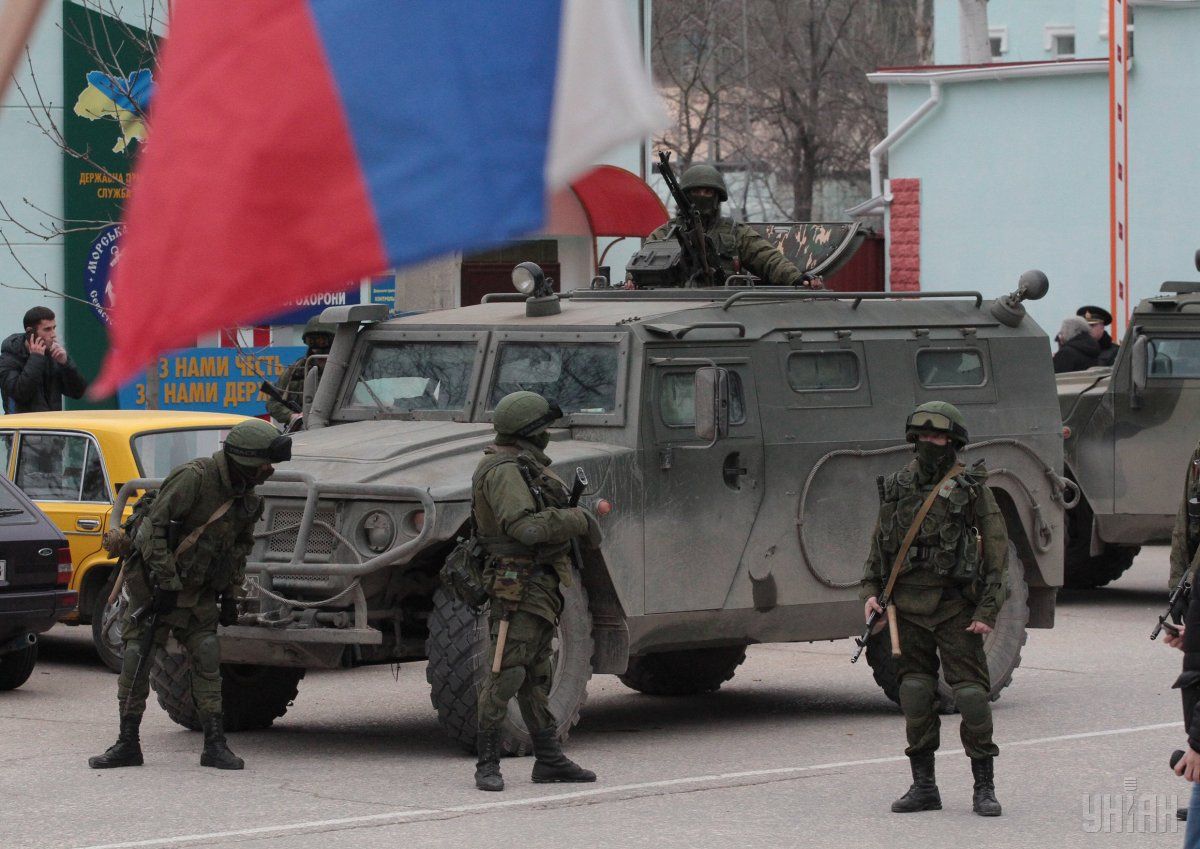
According to him, there is a diplomatic way to get the annexed territory back to Ukraine. This way is lodging a claim with the International Court of Justice. "Russia does not fully recognize the jurisdiction of the International Court of Justice. This has been the case since the Soviet era. It only recognizes it in respect of disputes relating to international legal instruments against terrorism. If we use the possibility to file a claim in the ICJ in the context of Russia’s breach of the International Convention for the Suppression of the Financing of Terrorism, then we need to engage in the negotiation process with Russia. In particular, we have to point at the violations of the International Convention for the Suppression of the Financing of Terrorism in Crimea in February-March 2014. They may refuse to accept our claim or simply ignore it. By ignoring our claim Russia could slow the transition to the next procedural stage on filing a lawsuit in the ICJ. Inviting Russia to the Geneva Plus format to consider violations of the International Convention for the Suppression of the Financing of Terrorism and its refusal to participate in such a format will allow us to get the needed formal refusal. Therefore, this is the only way. That’s because after they refuse to accept our claims over violations of the Convention, this refusal, in fact, leads both Ukraine and Russia to the ICJ. And this is very important," said the expert.
Other options
As for the other formats for further talks on Crimea return, the most discussed idea is to adjust the notorious Minsk agreements which Moscow has long been successfully sabotaging. "We are dissatisfied that the Minsk agreements only address the situation in the east [of Ukraine], and not a word is said that Crimea must be freed. Obviously, the position of the president is that we first need to liberate Donbas, and then Crimea. From our perspective, this is wrong," said one of the leaders of the Crimean Tatar people Mustafa Dzhemilev.
But there is another question: is it necessary to add to the text of the Minsk agreement a paragraph on de-occupation of Crimea if Russia has not been fulfilling its obligations on Donbas?
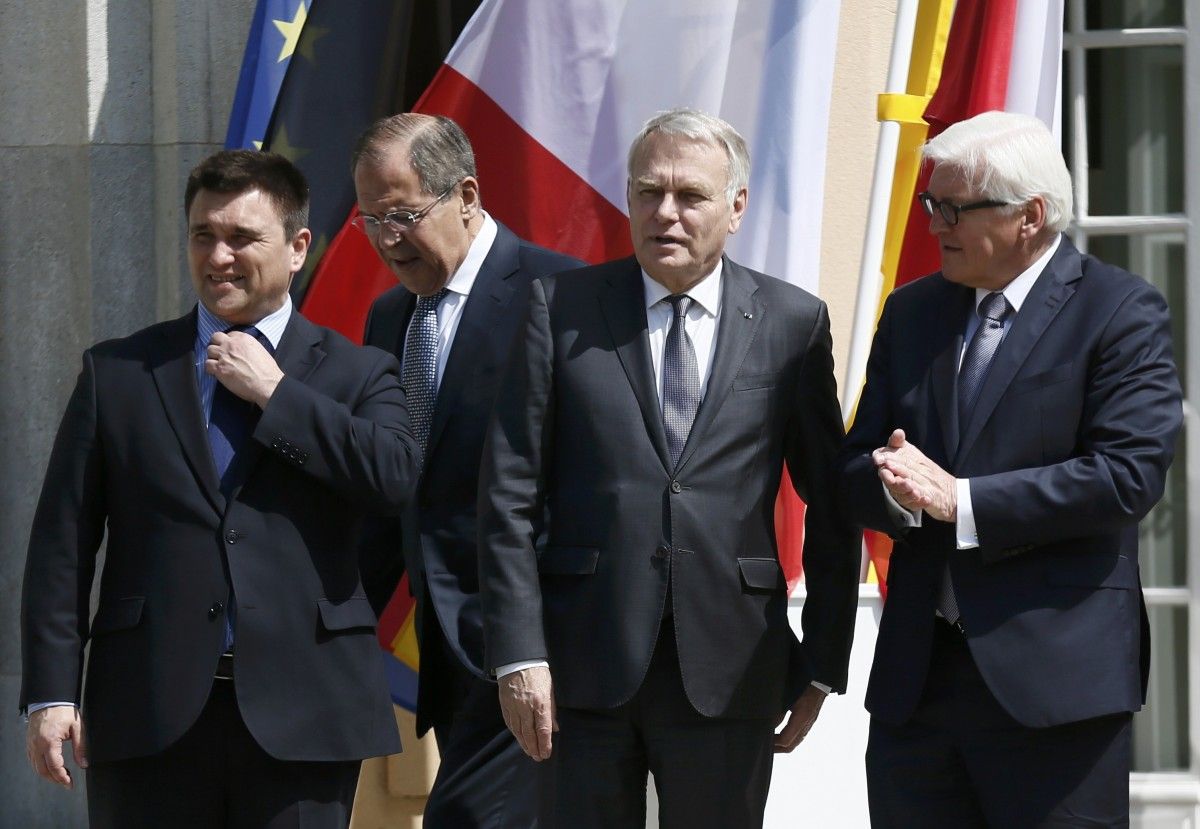
According to Bohdan Yaremenko, it is worth a try. That’s because raising the Crimean issue within the Minsk process will not lead to the withdrawal of Russia from the Minsk format while Moscow may choose to not enter the Geneva format at all. "No matter how difficult the task, its implementation is still more realistic than making Russia join a new international format on de-occupation of Crimea," he said.
Director of the Crimean Expert Center Oleksiy Starodubov opines differently: "I believe that the inclusion of the Crimean issue in the agenda of the Minsk talks can lead to a general breakdown of these negotiations. I see no reason to combine the issue of the Donbas crisis and Crimea. Such a combination, given Russia’s denial to discuss Crimea in general, can freeze the whole negotiation process. So I would rather separate the Crimean issue. And the Geneva Plus format is more effective in this regard. We can even use it in future disputes, namely in our judicial strategy for de-occupation of Crimea," he said.
Important small steps
Meanwhile, Russia's position is unequivocal. As soon as the Geneva Plus format was offered, Putin’s spox Dmitry Peskov said that the subject of Crimea is “closed” for Russia.
But in any case, the talks on Crimea will lead to positive changes, the experts say. "As long as Ukraine is unable to return Crimea with military-political methods, any formats involving our allies and keeping Russia nervous will be advantageous for us. Once Ukraine is ready and Russia weakens so much that it is concerned with its internal problems, we will get this issue resolved," says Ihor Semyvolos.
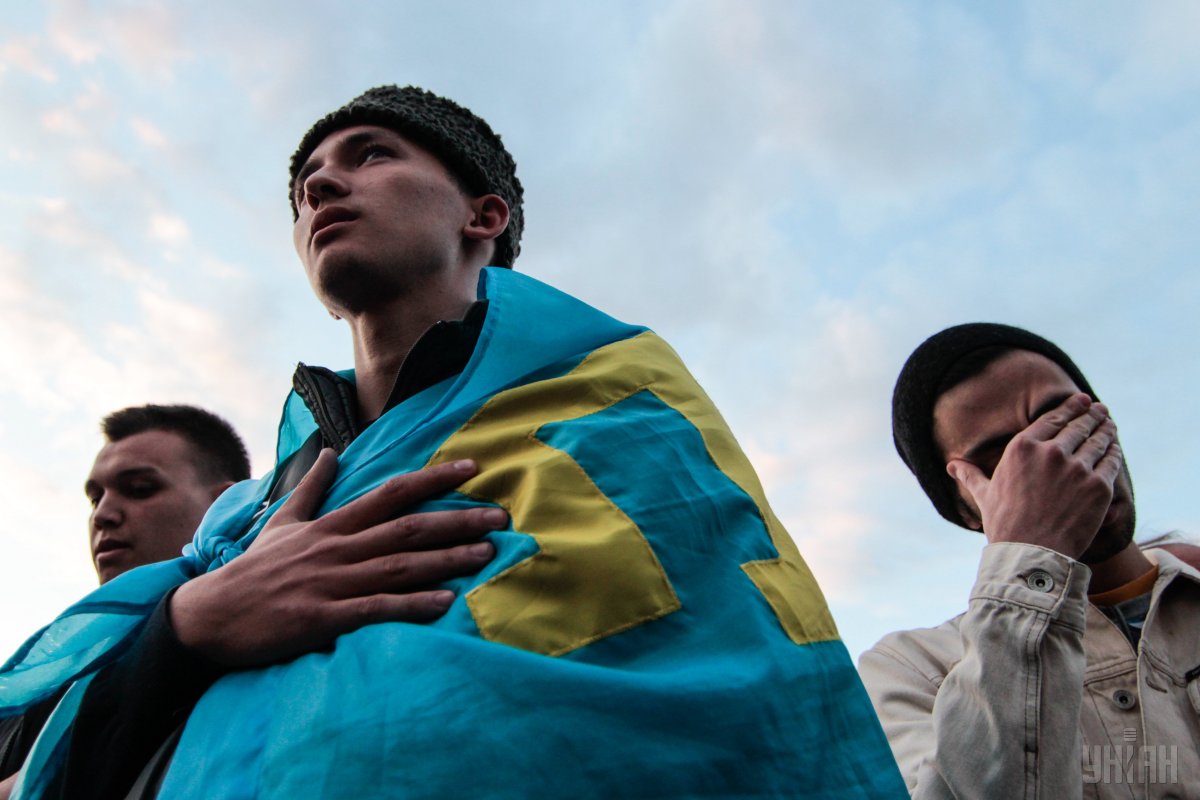
The fact that the issue of Crimea is very painful and irritating for the Kremlin is manifested in Russia's reaction to a victory of the Ukrainian singer Jamala in the Eurovision Song Contest this year with the entry titled "1944," referring to the deportation of Crimean Tatars. This victory has led to all of the major media outlets across the world overnight May 15 telling the audience about the Ukrainian singer of a Crimean Tatar origin and the content of her song. And thus, millions of those who had not heard of the deportation before, learned about this horrific tragedy.
While solving the issue of Crimea return is a problem to be dealt with for at least several years, small steps must be already taken today. It is necessary to raise the Crimean issue at international negotiations and cover the problems of Crimea in the media.
Ukraine is gradually making such steps. Thus, the Parliament on November 12, 2015, recognized as genocide the deportation of Crimean Tatars. Besides, May 18, the date of the beginning of a deportation in 1944, is now marked as the Day of the victims of genocide of the Crimean Tatar people. In addition, after the illegal occupation of Crimea by Russia in spring 2014, May 18 is also defined as a Day of the fight for the rights of the Crimean Tatar people.
Today, Ukraine calls upon the international community to extend political and diplomatic pressure on Russia in order to avoid a repetition of the tragedy of 1944. For, after the occupation of Crimea by Russia in 2014, the policy of the occupying authorities have led to the fact that more than 20,000 Crimean Tatars fled their homes and moved to seek a better life in mainland Ukraine while the Mejlis of the Crimean Tatar people had to move its headquarters to Kyiv.
It is heartwarming to see that Ukraine’s appeals have been heard by the international community. The Office of the UN High Commissioner for Human Rights stressed in his statement the inadmissibility of violation of human rights in the occupied Crimea. "Over the past two years, we have documented increasing persecution of the Crimean Tatars. Members of the Mejlis, the representative body of the Crimean Tatar minority community, and its supporters have been intimidated, harassed and jailed, often on dubious charges," the High Commissioner’s spokesman, Rupert Colville, said at a briefing in Geneva.
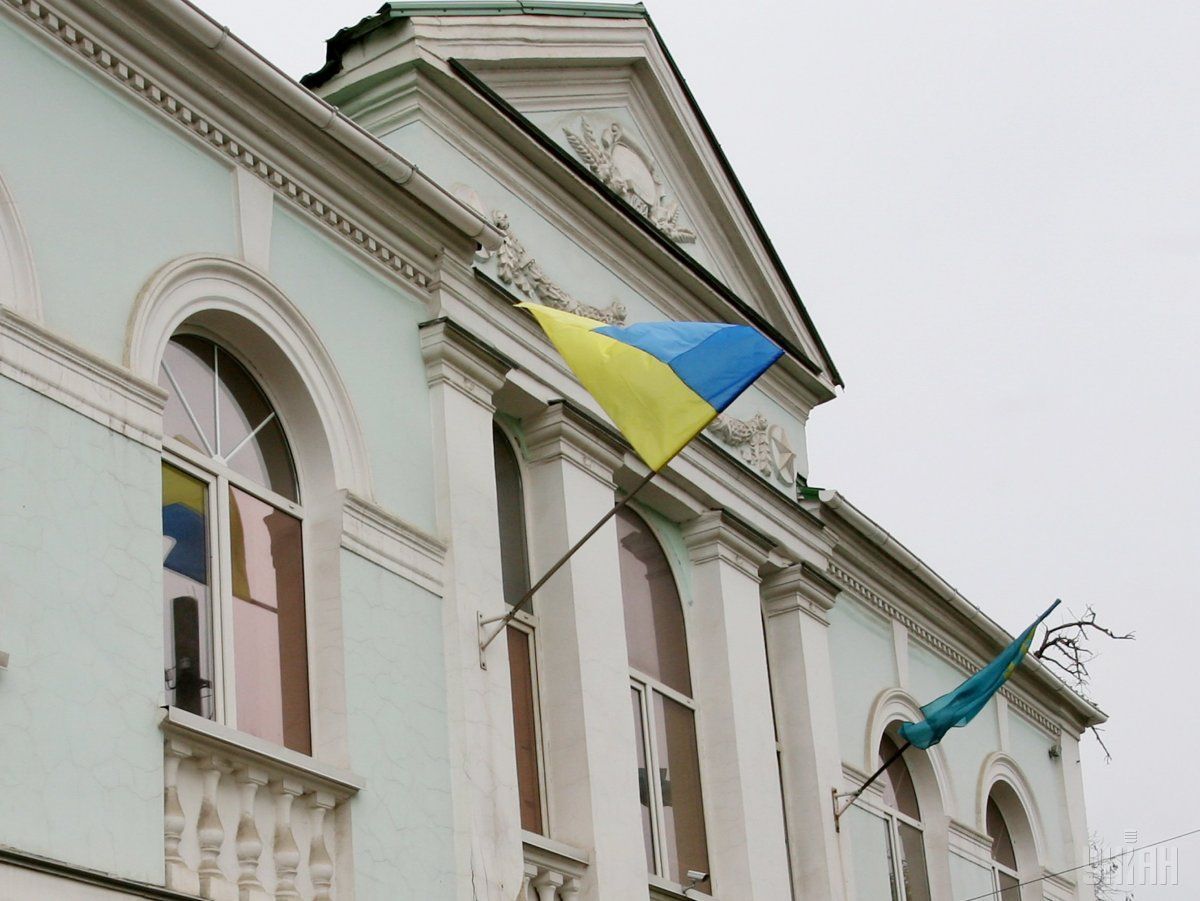
"We remind the Russian Federation, which exercises de facto control over the territory of Crimea, that they have a duty to ensure that the rights of minorities and indigenous peoples are respected, and that they are not subjected to discrimination and harassment. We also urge the authorities to immediately lift the ban on the Mejlis, and ensure that the freedoms of expression, information, peaceful assembly, religion or belief for all the people of Crimea are upheld," he said.
The official referred to the ban by the Crimea’s occupying authorities to hold mass memorial events for the victims of the genocide of the Crimean Tatars on a tragic date of May 18, the occupation authorities banned the Crimea to hold mass funeral arrangements for the victims of the genocide of the Crimean Tatars, earlier scheduled by the regional and local mejlises, the Crimean Tatar public organizations. According to the head of the Mejlis, Refat Chubarov, "Russian invaders in Crimea make every effort to make the Crimean Tatars participate only in formal events organized by the occupiers and their minions."
Barring a peaceful, independent public commemoration of the historic tragedy of the Crimean Tatars is unacceptable, according to the EU Delegation to Ukraine: "Today, 72 years on from the forcible deportation of the Crimean Tatars from their homeland, they again face persecution and intimidation."
It is unclear whether it will have any impact on the occupiers. But with such small steps, Ukraine is gradually approaching victory. As they say in Ukraine, "water sharpens stone." And the more powerful the "water," the faster the "stone" will be moved from its spot.
Liuba Bolbukh

